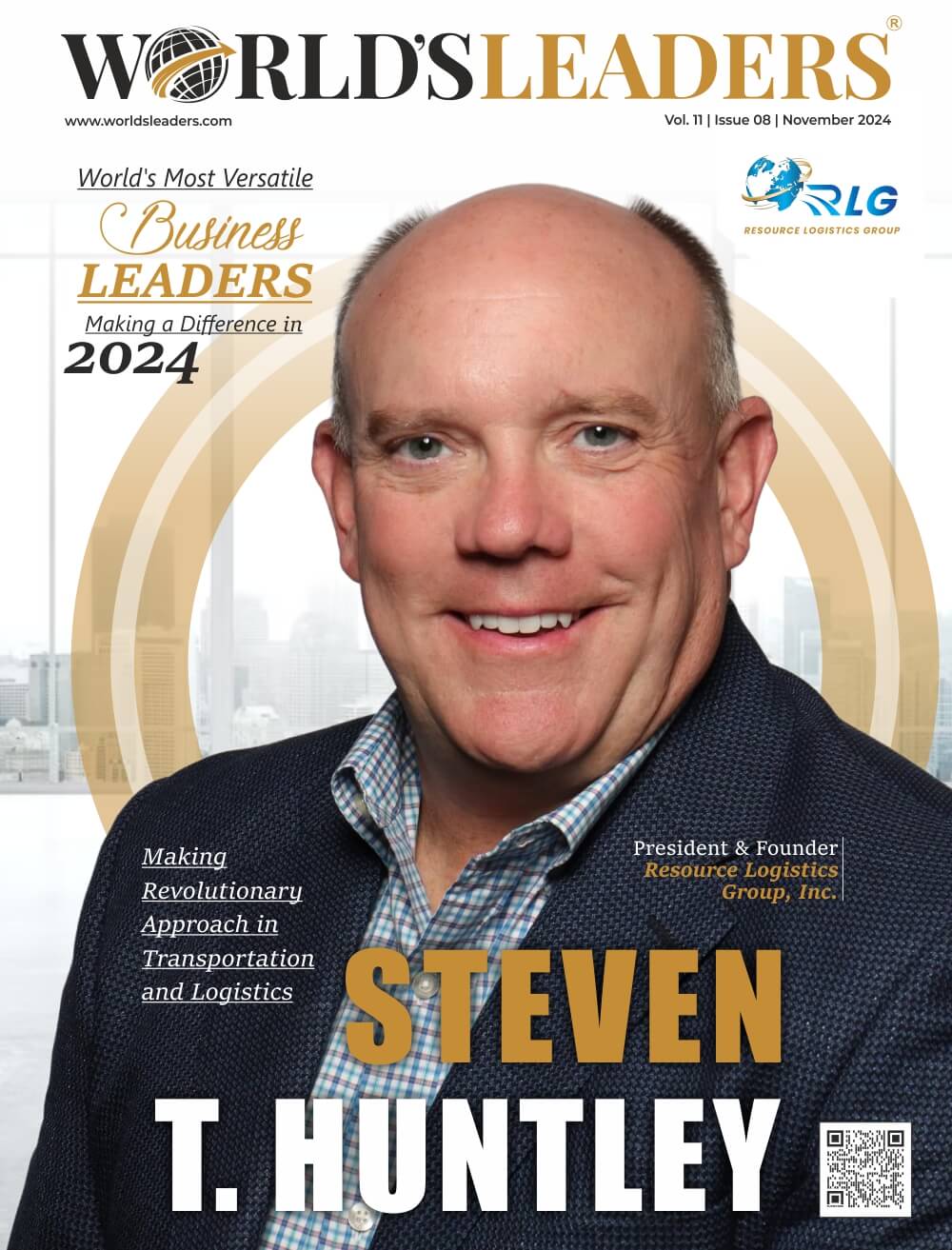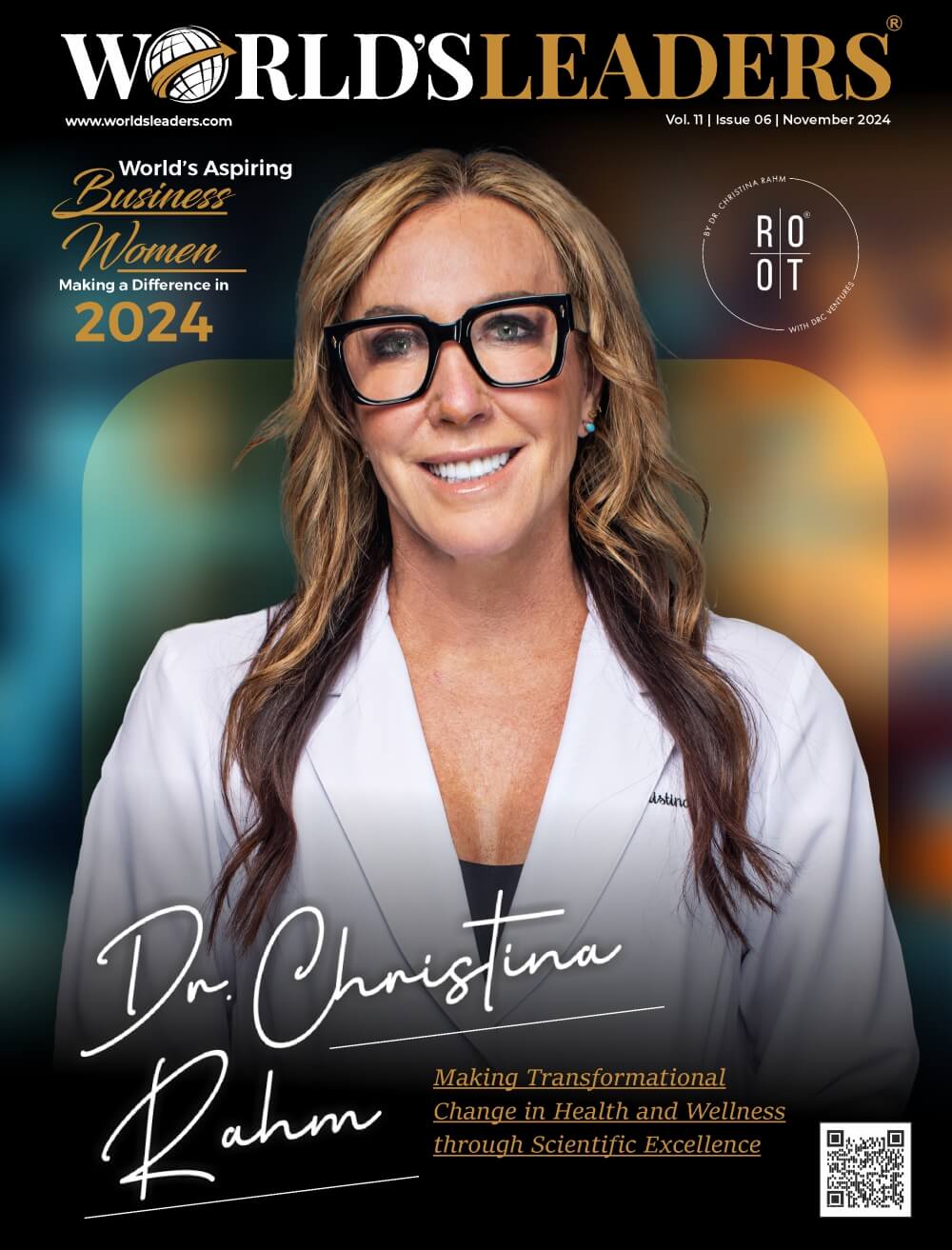Demand and supply forecasting, production, inbound and outgoing logistics, warehouse management, network optimization, and many other operations are actually all part of the supply chain. Even if each of these can be optimized individually, there are much more difficult problems that arise when trying to optimize the entire supply chain or, even worse, the entire value network. The majority of businesses struggle with fundamentals like visibility and traceability throughout the supply chain. It will never be simple to coordinate the efforts of various departments that may be geographically and culturally apart. Some businesses work hard to improve each component separately in the hopes that the overall process will be improved. Others try to create large-scale supply chain platforms, but they frequently encounter technical or political challenges. Anthony Howcroft, CEO and Co-Founder of SWARM Engineering, enables businesses to optimize individual sub-processes one at a time but then connect them so the end-to-end process benefits.
Anthony spent several years developing software before moving into roles in technology sales and marketing. He worked for both startups and large corporations. He co-founded DATAllegro, a provider of data warehouse appliances that Microsoft purchased in 2008, and spent five years overseeing Microsoft’s big data team in Europe, the Middle East, and Africa. He studied creative writing at the University of Oxford and has published both fiction and non-fiction works, including the Amazon best seller Questions-A User’s Guide, which served as the inspiration for some of the methods used in the SWARM product.
SWARM is a Software-as-a-Service solution that employs next-generation cognitive computing to address problems in the agri-food supply chain in order to save money, cut waste, and benefit the environment. The SWARM platform is designed around a multi-agent strategy that makes use of a carefully selected array of algorithms to optimize crucial procedures, including load planning, inbound and outbound logistics, demand and supply planning, maximizing yield, and pricing optimization. Without the need for software development or in-depth knowledge of deep AI or machine learning, SWARM offers business users a simple approach to specify problems and quickly match them to sophisticated solutions. SWARM is democratizing AI for the agri-food supply chain.
Wearing Several Hats
Anthony’s main duties are leadership, fundraising, and assisting with the product vision. As the co-founder and CEO of a small business, you typically handle everything. You must step outside of your comfort zone to handle things you are unfamiliar with, which will differ for each person but might be creating a P&L and cashflow model or knowing how your technical team uses Jira and GitHub. Anthony was fortunate in that he had held numerous positions prior to becoming CEO and was knowledgeable about the business and technological aspects. Therefore, the new material for him to learn involved fundraising, how to price a round, when to seek debt financing, and more venture-related topics. As a startup expands, the CEO inevitably relinquishes some of their responsibilities and assigns them to others.
Anthony proclaims, “Sometimes that can be a relief, and other times—especially if it is an area of your expertise—it can feel like handing over your baby to another person.”
Diverse Cultures
Although it changes and evolves as the team expands, most cultures naturally reflect the personality of the founder CEO. At SWARM, there aren’t many layers of management in the culture, which Anthony would characterizes as being diverse and open. SWARM works hard but also has an enjoyable environment. It values professionalism, attention to detail, and the power of narrative.
“It is crucial to be able to tell our business narratives in both a consistent and an interesting fashion. A story has to be entertaining! “ -Anthony says.
A significant portion of their company-building mindset is drawn from The Innovator’s Solution by Christensen and Raynor, with a hearty dose of Eric Ries’ Lean Startup, which helps them quickly verify and learn. The Lencioni books are the source of many of their management strategies and tactics, including daily stand-up meetings. In addition, Anthony and his team have combined several excellent concepts from the many places where they have all worked into their own, unique system.
Anthony’s daily schedule is varied, but frequently involves conversations with the engineering team which is split between California and Romania, communicating with customers and investors, and a daily team call. This is one of Anthony’s favorite parts of the day, as it gives the team a chance to discuss what has been done as well as current events in either their lives or the larger world.
Listen to Yourself
Everyone, but especially leaders, needs the ability to listen. Anthony advises the upcoming generation of leaders to learn how to listen to themselves and also see their peers as colleagues rather than rivals. As a writer, he learned that if you ask people to comment on your story, you will get a wide range of responses, often contradictory. You must be able to evaluate such comments objectively and decide which ones to accept and which to reject. He believes the same is true for a sales campaign, a marketing approach, or a business plan. You will be given a variety of recommendations, which you must evaluate rationally while also following your own vision and instincts. Anthony suggests learning to listen to yourself. One other important belief that guides Anthony’s behaviour is that he feels it is important for a leader to lead by example, to be willing to do something yourself, and not ask others to do things that you wouldn’t.
SWARM Vision
The agri-food supply chain is their primary area of focus, and SWARM can help business users improve their most important processes. In the coming years, Anthony hopes to establish the company as the go-to resource for agri-food businesses looking to solve their most pressing problems and streamline their operations. In the end, he sees that customers may apply this strategy to other areas as well, perhaps beginning with adjacent markets, like water and energy. SWARM, in his opinion, has the power to alter how individuals perceive their problems and act as a catalyst for the global improvement of a billion processes. If a company achieved this, it would help reduce carbon emissions, end food waste and, more crucially hunger, improve regenerative agricultural practices, and aid other industries in doing the right thing while saving money.
Quote: “It’s not what you say that people follow, it is what you do.”
“As a fully virtual team we use the daily call to share the good and bad from our days, both work and personal, and to inform others of our plans for the day. We can resolve some issues on the call, and other times dive into a follow-up if there is an immediate action required. It’s one of my favorite times of the day.”
Written by Steve Sanchez.





